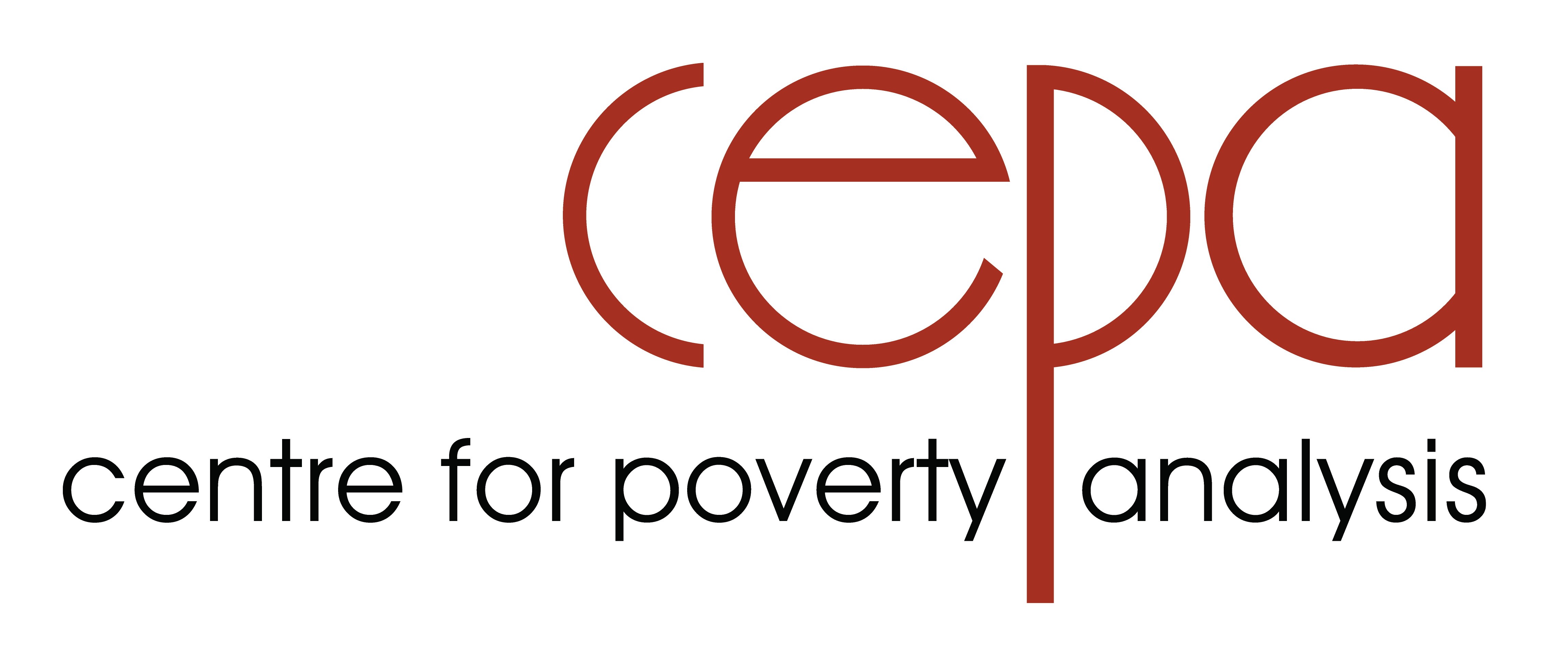CEPA InSight – Volume 2
November 2020 | Vol. 2
The negative effects of mounting indebtedness due to multiple borrowings through micro-credit lending has garnered attention from the general public and the government of Sri Lanka. CEPA’s research provides insight into microcredit practices and their impact on vulnerable members of the community.
CEPA in Sight
Vantage Point
A Newsletter by The Centre for Poverty Analysis

by Avanthi Kalansooriya (CEPA Blog)
Sunday Observer
30 June, 2019
News First (Documentary)
12 September, 2020
Sirasa News
16 July, 2020
Sunday Times
13 September, 2020
Hello! This volume of CEPA’s newsletter focuses on the implications of indebtedness as a consequence of micro-credit lending in Sri Lanka. Connect with us at insight@cepa.lk with your thoughts, suggestions and ideas for collaborations.
Image Credits Nazly Ahmed
Debt at My Doorstep
CEPAs research has highlighted rising debt and its impact on female borrowers and their households. This study, 'Debt At My Doorstep: Microfinance Practices and Effects on Women in Sri Lanka' aims to better understand the processes that underlie micro-lending and how these practices then affect the largely female client-base.
IN THE NEWS
Stemming from CEPA's publication on micro credit, here are instances that CEPA was cited in the news and other media outputs.
News story on issues faced by women due to micro-credit
Who is Romeshun?
For the third consecutive year, CEPA will conduct the Short Course
on Migration titled 'Framings
and Discourses on Mobility
and Crisis: Blessing or
Curse? The course will be
conducted online from
the 4th of November
to the 5th of December.
Short Course on Migration 2020
CEPA: IN CONVERSATION
Natasha Palansuriya introduces the Diaspora and Development Thematic at CEPA and explains the basic concepts.
Contact us at insight@cepa.lk
MEET A CEPA
RESEARCHER
What are the more memorable research activities you have done at CEPA ?
The first assignment that I did for CEPA was on micro finance and then in 2013 I got an opportunity to do a study on debt. CEPA’s focus on social aspects coupled with my interest in financial economics made for some interesting research outputs and publications.
What are the key take away points from micro finance related research that you have done at CEPA ?
A starting point would be that people don’t take a loan just for the sake of getting into debt; they take it for a particular reason/need. Subsequently we examined the reasons people were unable to repay their loans. Our research on micro finance initially focused on the plantation sector or the North and East. Individuals directly affected by the war were found to take additional loans as the economy was not providing them opportunities to earn sufficiently. Our message therefore was that there were multiple factors social and economic, contributing to the microcredit issues in the country.
We see that the findings from our research and publications have been useful and contributed towards conversations on improving outcomes from the microfinance industry. Now we have to get our message across to a larger audience.
What are your future plans as a researcher?
I want to do more work on the subject of social protection. Sri Lanka started off with universal social protection schemes and over the years we have moved on to targeted social protection systems. I would like to examine whether Sri Lanka is better off with a universal social protection scheme rather than a targeted approach.
I started off studying mathematics,
then got into computer science and
ended up in Economics after learning
of the interesting work done by the Indian Planning Commission. I was initially a part of the Planning Ministry where I gained experience in sectors such as water, education, and health; promotion of private sector investment in infrastructure, and monitoring and evaluation. Then I got the opportunity to work with a development partner which was quite good, and from there I came to CEPA which was a drastic change from implementation to research.
COMING UP
AT CEPA
Past
Events
June - Oct
31
Registrations are now closed.
City and Risk: Achievements and Opportunities
CEPA as a member of Duryog Nivaran, supported with their ongoing webinar series on disasters and covid-19. Three webinars were held:
Women and Work in Pandemics: Resilience and Recovery
Green Conversations - Coexisting with Wildlife
Karin Fernando was panelist at the event hosted by Environmental Foundation Limited on September 29th.
Disproportionate Effects of COVID-19 on Urban Poor
Mohamed Munas delivered this guest lecture for masters students at Radboud University, Netherlands, focusing on the experiences from Sri Lanka on September 16th.
Mainstreaming Gender in Agriculture Policy Formulation
Dr. Wijaya Jayathilaka attended a discussion on reviewing a research report on the topic on July 29th.
July 28th. Watch webinar.
When Disasters Collide: Managing Disasters in the context of Covid-19 in South Asia
June 30th. Watch webinar.
August 21st.








